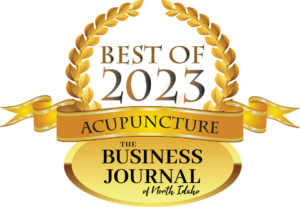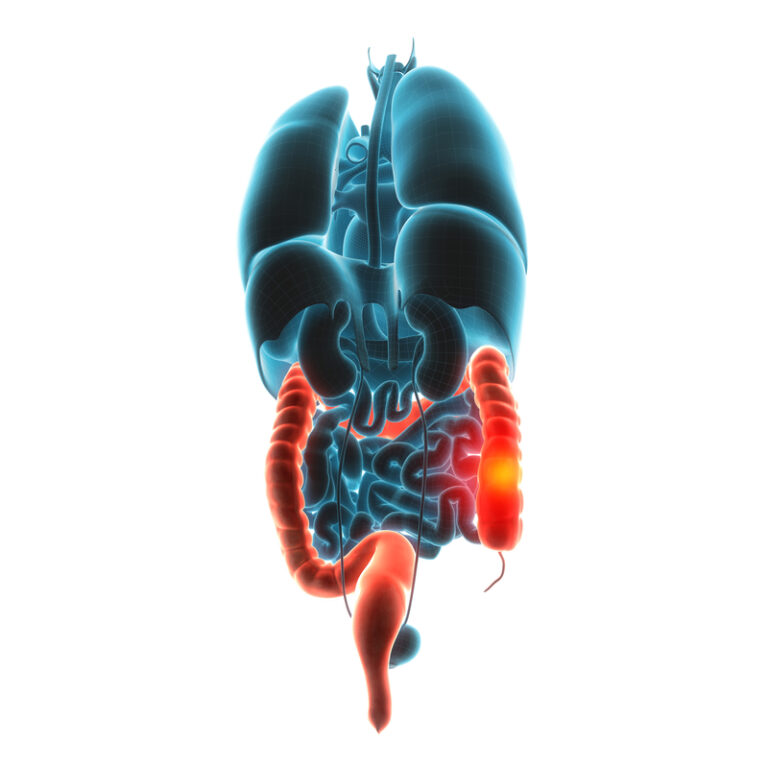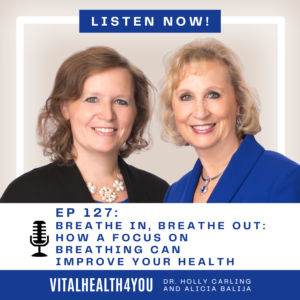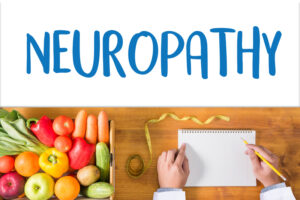We’ve all heard the words “gut-wrenching pain”, but until you have colitis, irritable bowel, diverticulitis, Crohn’s Disease or any other inflammatory bowel disease, you really don’t have a clue how accurate those words are. The severe pain, often followed by a quick dash to a restroom leaves the sufferer to reach for anything they can get their hands on to help. Inflammatory Bowel Disease (IBD), is increasing dramatically in the U.S. Typical conventional medical treatments include corticosteroids, anti-inflammatory medications, immune-suppressants, and lastly, surgery. Although they can be helpful, they do not address the causative factors to bring about lasting health.
While there have been inadequate studies done on alternative treatments, clinically there are several “alternative” modalities that have been shown beneficial. In the home, many have found foods that aggravate their condition and have on their own made dietary modifications.
Nuts, seeds, gluten, pasteurized cow’s milk, corn, sugar (especially high fructose corn syrup), commercial eggs, and certain spices top the list.
Sugar appears to be the number one food aggravator. Simply eliminating sugar helps control IBD considerably in many. Sugar is an acid that irritates the delicate mucus lining of the intestines, leads to pH imbalance, and also disrupts healthy “flora” (normal gut bacteria). Raw honey seems to have less negative effect on the gut. Remember that alcohol is a refined sugar and can also lead to IBD. Acidic fruits that have been picked green are also aggravating foods.
Pasteurized dairy products can lead to an inflamed gut, however, that does not seem to be true for raw dairy – especially raw goats milk. Fermented raw milk (yogurt) has particular benefit as it helps to re-establish healthy gut bacteria. However, beware of commercial yogurt that has been pasteurized and is often laden with sugar and other sweeteners. Processed wheat products are also very irritating. they too upset pH balance, turn into a sugar in the body (so behaves like a sugar), and can create extra mucus, bloating, and gas. Many people, if not most, have some degree of gluten intolerance. You can have a “normal” gliadin on your labs but still have some gluten intolerance. This must be ruled out.
In addition to dietary changes, you might consider acupuncture. Acupuncture is used to reduce inflammation, control pain, improve immune function and improve digestion. When seeing an acupuncturist, you would expect health questions to be limited to the intestines. However, acupuncturists have a broader view of what underlies digestive difficulties including liver, gallbladder, kidneys and the stomach. Since nutrition is an integral part of their training, this will be evaluated as well.
Inflammatory bowel disease is a complex set of issues, and as thus, requires a comprehensive approach in order to obtain resolution. Acupuncture combined with a sound nutritional approach, supplements, relaxation techniques and restorative modalities should be on the top of IBD sufferers list if they want lasting results.
©2010 Holly A. Carling, O.M.D., L.Ac., Ph.D.







